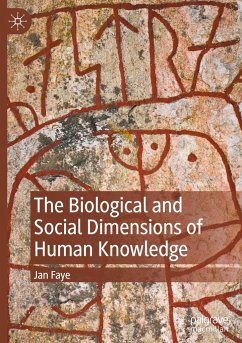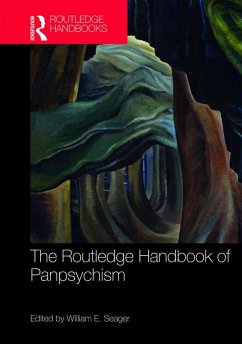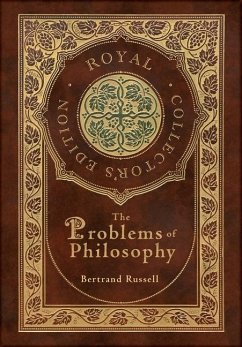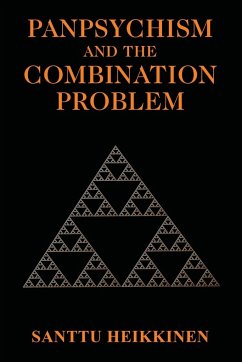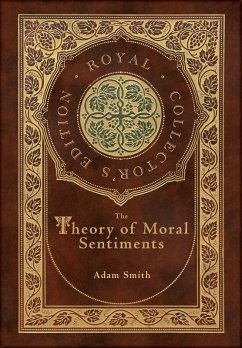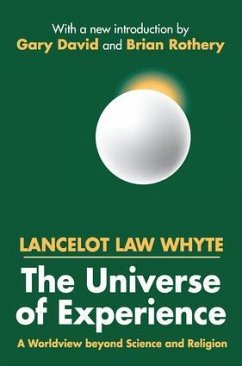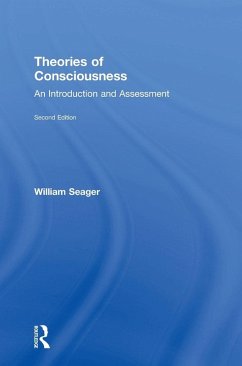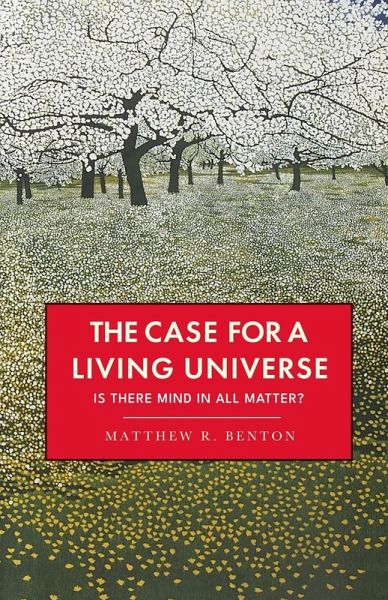
The Case for a Living Universe
Is there mind in all matter?
Herausgeber: Kingsland, James
Versandkostenfrei!
Versandfertig in 1-2 Wochen
14,99 €
inkl. MwSt.

PAYBACK Punkte
7 °P sammeln!
We are composed of the same atoms as the rocks, soil, mountains and nothing more. They are apparently aware of nothing, whereas we are aware of the physical world, ourselves and much more besides. How is this possible? Science says our minds emerge from wholly unknowing matter. The idea that mind and matter are, in fact, one and the same has long been considered an elegant, although impractical answer to the question above. The Case for a Living Universe argues that we live in an aware, decision-making universe, and we should view consciousness as growing from the intelligence present througho...
We are composed of the same atoms as the rocks, soil, mountains and nothing more. They are apparently aware of nothing, whereas we are aware of the physical world, ourselves and much more besides. How is this possible? Science says our minds emerge from wholly unknowing matter. The idea that mind and matter are, in fact, one and the same has long been considered an elegant, although impractical answer to the question above. The Case for a Living Universe argues that we live in an aware, decision-making universe, and we should view consciousness as growing from the intelligence present throughout nature. Unlike most philosophy books, it gives the non-human world its proper status, by describing many recent studies into animal cognition and the intelligent behaviours of some non-animal life. It examines how Western culture, through religion, science and philosophy, have worked to separate us from nature, and argues the reason mind in nature is usually considered an eccentric or mystical idea, is because we humans have wrongly elevated ourselves above all other species. As Charles Darwin wrote: "He who understands baboon would do more towards metaphysics than Locke."



